Quotes & Sayings About Spanish Dance
Enjoy reading and share 8 famous quotes about Spanish Dance with everyone.
Top Spanish Dance Quotes
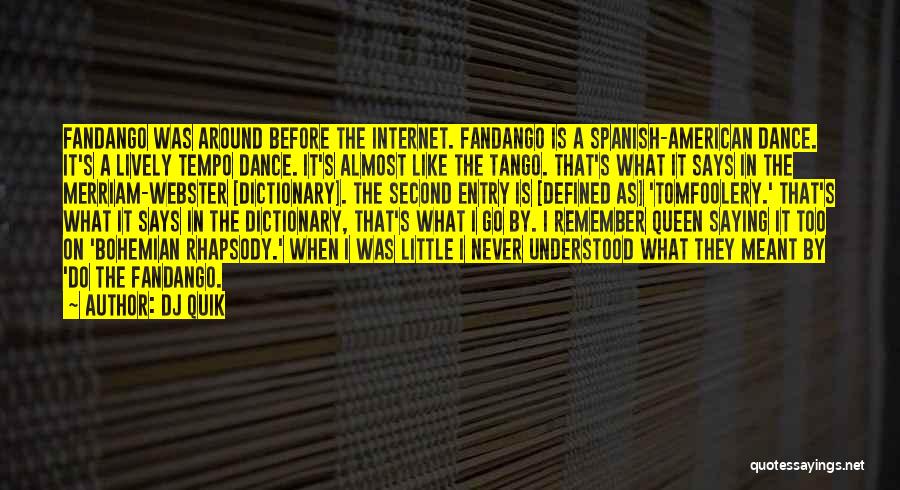
Fandango was around before the Internet. Fandango is a Spanish-American dance. It's a lively tempo dance. It's almost like the tango. That's what it says in the Merriam-Webster [dictionary]. The second entry is [defined as] 'tomfoolery.' That's what it says in the dictionary, that's what I go by. I remember Queen saying it too on 'Bohemian Rhapsody.' When I was little I never understood what they meant by 'do the fandango. — DJ Quik
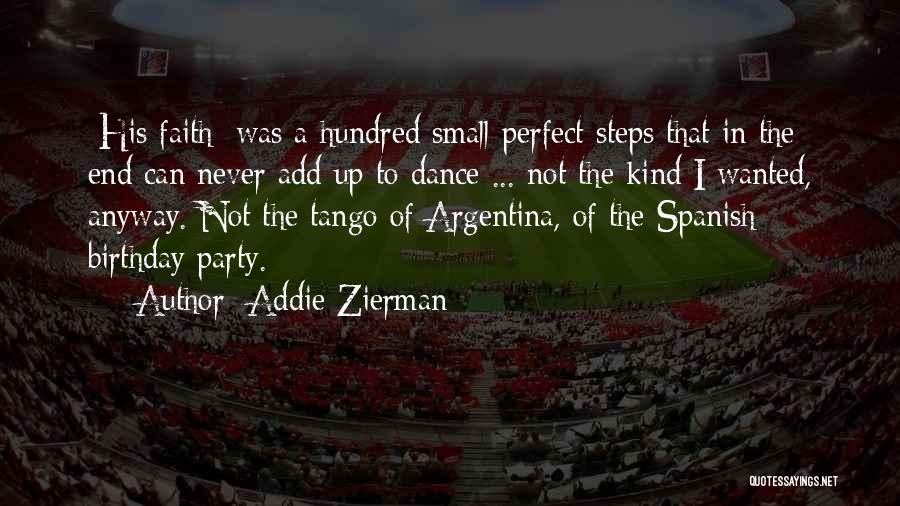
[His faith] was a hundred small perfect steps that in the end can never add up to dance ... not the kind I wanted, anyway. Not the tango of Argentina, of the Spanish birthday party. — Addie Zierman
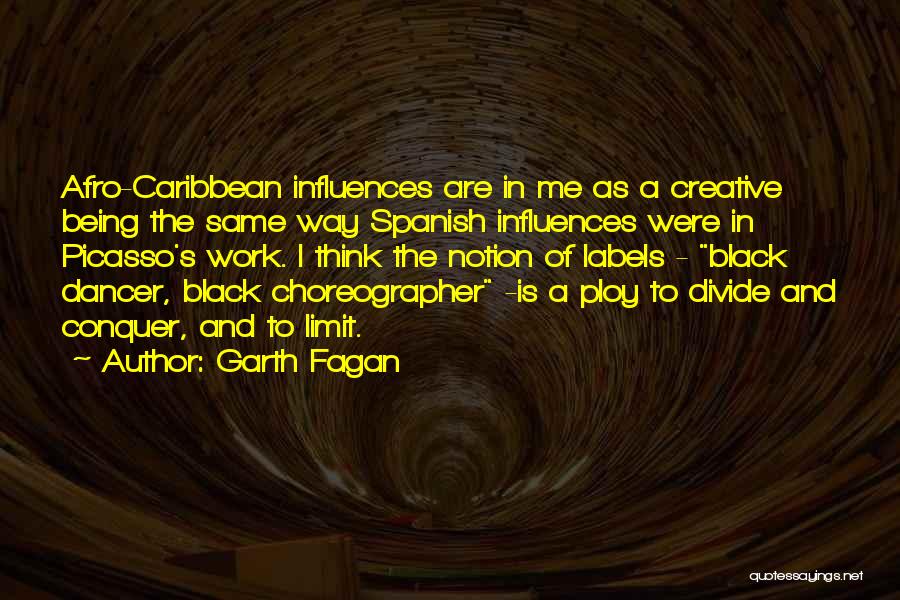
Afro-Caribbean influences are in me as a creative being the same way Spanish influences were in Picasso's work. I think the notion of labels - "black dancer, black choreographer" -is a ploy to divide and conquer, and to limit. — Garth Fagan
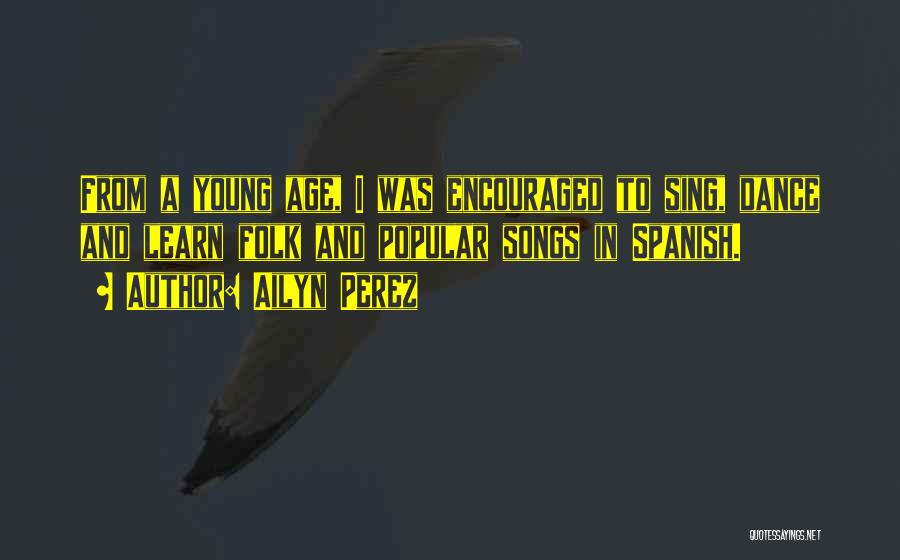
From a young age, I was encouraged to sing, dance and learn folk and popular songs in Spanish. — Ailyn Perez

This is your heritage,' he said, as if from this dance we could know about his own childhood, about the flavor and grit of tenement buildings in Spanish Harlem, and projects in Red Hook, and dance halls, and city parks, and about his own Paps, how he beat him, how he taught him to dance, as if we could hear Spanish in his movements, as if Puerto Rico was a man in a bathrobe, grabbing another beer from the fridge and raising it to drink, his head back, still dancing, still steeping and snapping perfectly in time. — Justin Torres
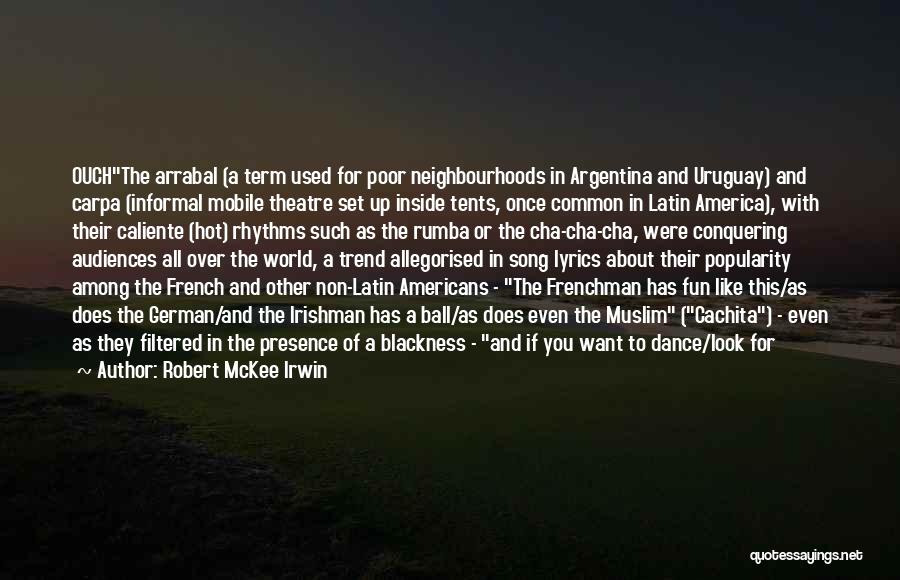
OUCH
"The arrabal (a term used for poor neighbourhoods in Argentina and Uruguay) and carpa (informal mobile theatre set up inside tents, once common in Latin America), with their caliente (hot) rhythms such as the rumba or the cha-cha-cha, were conquering audiences all over the world, a trend allegorised in song lyrics about their popularity among the French and other non-Latin Americans - "The Frenchman has fun like this/as does the German/and the Irishman has a ball/as does even the Muslim" ("Cachita") - even as they filtered in the presence of a blackness - "and if you want to dance/look for your Cachita/and tell her "Come on negrita"/let's dance" - denied in the official discourse of those Spanish=speaking countries wielding the greatest economic power in the region: namely, Argentina and Mexico, the latter of which would eventually incorporate Afro-Latin American culture into its cinema - although being careful to mark it as Cuban and not Mexican. — Robert McKee Irwin
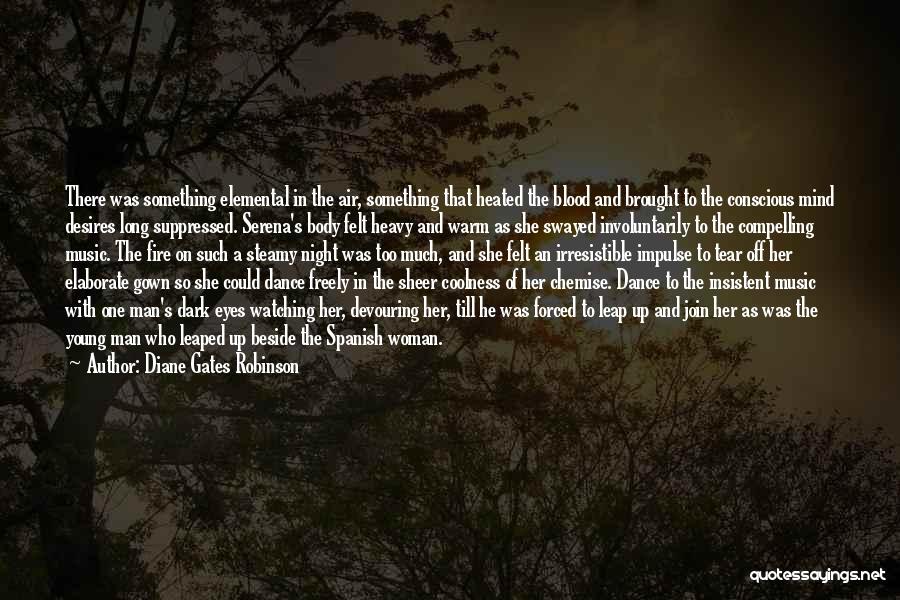
There was something elemental in the air, something that heated the blood and brought to the conscious mind desires long suppressed. Serena's body felt heavy and warm as she swayed involuntarily to the compelling music. The fire on such a steamy night was too much, and she felt an irresistible impulse to tear off her elaborate gown so she could dance freely in the sheer coolness of her chemise. Dance to the insistent music with one man's dark eyes watching her, devouring her, till he was forced to leap up and join her as was the young man who leaped up beside the Spanish woman. — Diane Gates Robinson
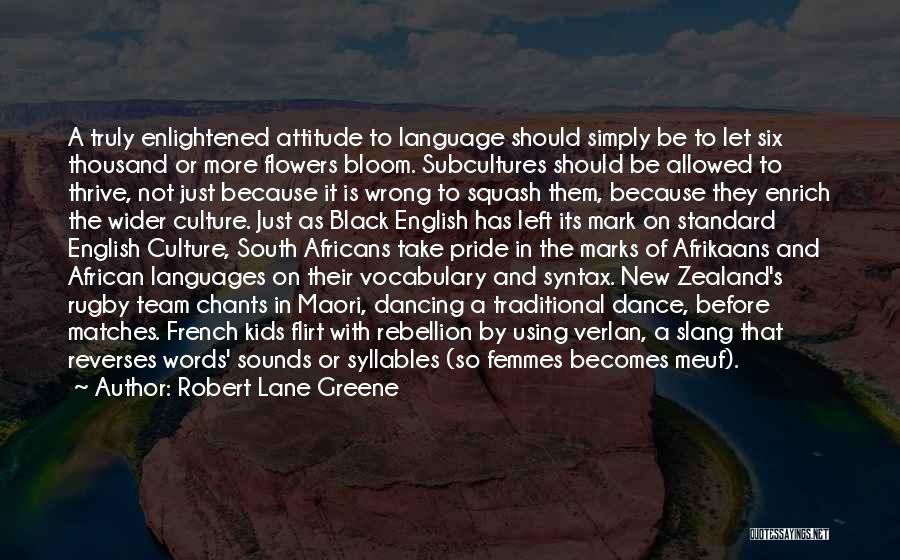
A truly enlightened attitude to language should simply be to let six thousand or more flowers bloom. Subcultures should be allowed to thrive, not just because it is wrong to squash them, because they enrich the wider culture. Just as Black English has left its mark on standard English Culture, South Africans take pride in the marks of Afrikaans and African languages on their vocabulary and syntax.
New Zealand's rugby team chants in Maori, dancing a traditional dance, before matches. French kids flirt with rebellion by using verlan, a slang that reverses words' sounds or syllables (so femmes becomes meuf). Argentines glory in lunfardo, an argot developed from the underworld a centyry ago that makes Argentine Spanish unique still today. The nonstandard greeting "Where y'at?" for "How are you?" is so common among certain whites in New Orleans that they bear their difference with pride, calling themselves Yats. And that's how it should be. — Robert Lane Greene





